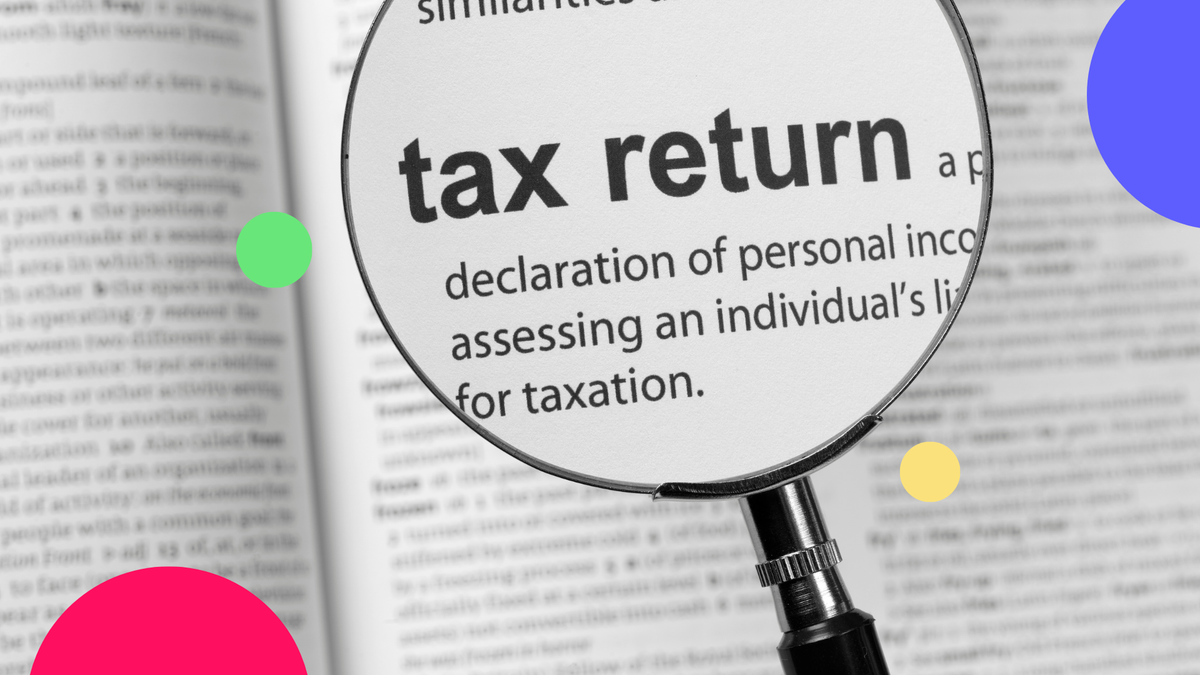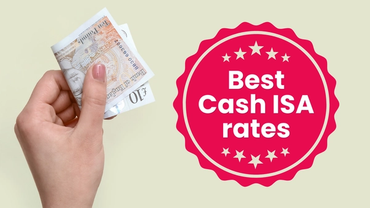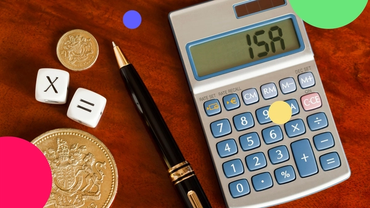How ISAs help you invest without worrying about tax
By Boring Money
25 Mar, 2024
The world of investing doesn’t always make it clear that you may need to pay tax on your investments. This depends on several factors, including how much you earn, which type of investment accounts you use and what you’re investing in. Tax on your investments can be quite hefty and eat away at your profit, so it’s well worth understanding how it works and the different ways you can invest tax-efficiently.

In this article, we’ll explain two of the main UK taxes you may be liable for when you invest, some examples of how much it could cost you, and why the ISA (Individual Savings Account) is a great way to invest without worrying about having to fill out a tax return on the income from your investments.
Why should you invest with an ISA?
Stocks & Shares ISAs are a popular way of investing tax-efficiently – that is, you don’t need to pay most of the different types of tax you would usually need to pay when you invest if you use an ISA.
This tax-efficiency has become increasingly more important as tax allowances have dropped in recent years, meaning more and more people could end up being sucked into higher tax bands. For example, the Capital Gains Tax allowance charged on investment returns has fallen from over £12,000 to just £3,000 in the 2024-25 tax year. So allowances are getting lower and it’s much easier to cross over the threshold and end up being liable for tax on your investments than before.
That’s where the ISA comes in. This account works like a wrapper around your investments, shielding them from tax and allowing you to pocket every penny that your investments earn within them. This can save you from having to pay more tax than you need to.
Let’s look at some examples of types of UK tax you may need to pay when you invest and some examples of how much money an ISA could save you.
Income Tax
 Unlock this article to continue reading
Unlock this article to continue reading
Already have an account? Login






